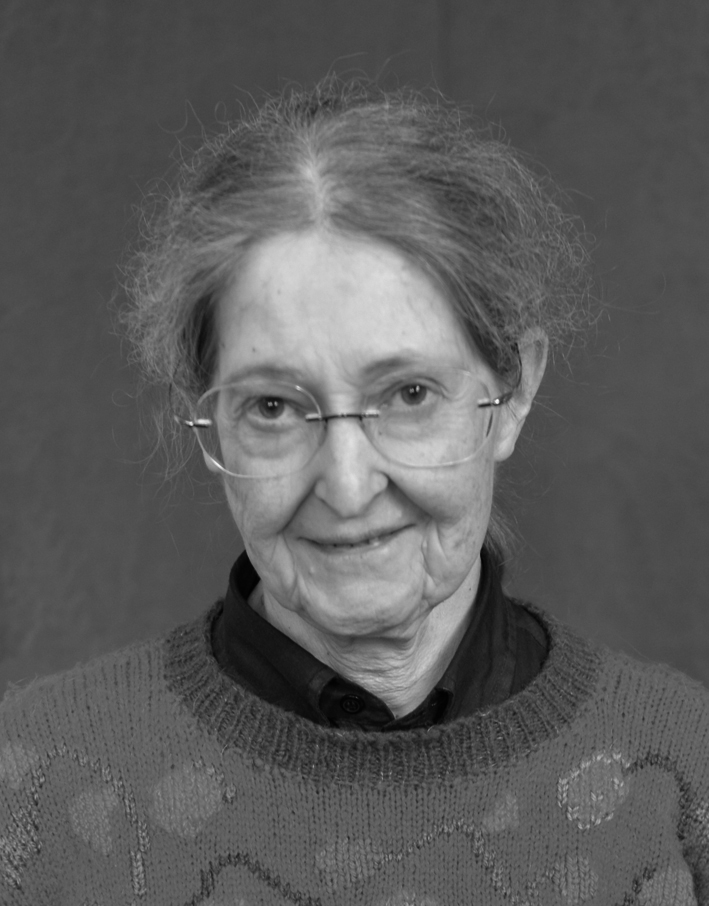
Simondon selon Fagot-Largeault (in Bardini 2014)
ASSISTENTE
At the time that I was his assistant [1966-7] I knew very little of his thought. Very little, because he didn’t speak about it. It was only later, when I was doing philosophy of science, that I rediscovered my interest in what he had written. (Fagot-Largeault, in: Bardini 2014:151)
INFRA-VERBAL
Simondon was very rarely read [in 1992]. He is being read a little more these days, and so it is difficult to know how he is being understood. Simondon wasn’t part of a school. He was quite solitary. I knew him well because I was his assistant for a year [It was during his debut at the Sorbonne; he had just been elected professor, and he was quite young for a typical Sorbonne professor.]. He was someone who was certainly very sensitive, very emotional, but for whom communication was not something verbal. It was infra-verbal. I knew him before his episode of mental problems and I spoke to him afterwards. I think there were certain elements of his illness that were already present in his normal behavior. He was someone who had very strong intuitions, metaphysical intuitions which he had difficulty communicating. (Fagot-Largeault, in: Bardini 2014:142)
THE SOUND OF YOUR VOICE
[H]e was perceptive to things that other people normally do not notice. […] He was someone who would not look at you as… who would listen to the sound of your voice, rather than the words you were saying. (Fagot-Largeault, in: Bardini 2014:157)
HE STOPPED WRITING VERY SOON
Simondon, in my opinion, at least during his lifetime, was very little read. And then he stopped writing very soon. He fell ill, I think, at the beginning of the 1970s. (Fagot-Largeault, in: Bardini 2014:144)
SCHIZO
Oh, he was delirious (schizophrenic? or bipolar, how do we refer to it these days?). He exemplified the legend of great genius linked to mental illness, so to speak. His philosophical intuitions, moreover, are evocative of schizophrenia; in fact, his text on anguish is strongly suggestive of the schizophrenic experience. (Fagot-Largeault, in: Bardini 2014:145)
DELIRIOUS EPISODES
Simondon, when he was really ill, he became … not at all a genius. It was really very sad. Whether it was the fault of the illness or of the treatment I don’t know, but in any case without the treatment he was unable to function. He was treated with the treatments available at the time, with neuroleptics. He continued to work. He followed the seminar of René Thom at Buressur-Yvette and things like that. […] But his Parisian colleagues pushed him out, made him take an early retirement, because the illness manifested itself in its early phases in the form of delirious episodes that occurred in the university and which were very visible and disturbing. (Fagot-Largeault, in: Bardini 2014:144-5)
AUTISTIC
From what I know about him, when he was a student at the École Normale Supérieure, he was already trying to act as an engineer. I knew him as a teacher in the Rue Serpente, in this annexe of the Sorbonne located in the Institute of Psychology. There he had a laboratory for ‘general psychology’. The first room was empty, and in the back he had a room where he would work alone – I never went there, I don’t know anyone who did – in which he kept his machines. He had a certain empathy for the machines, he could understand the inner machine. He was a friend of machines. So I used the words schizophrenic or bipolar, but one could also say he was autistic. I did not know his medical details at all. But I do know his troubles started after a phase of delirium. He wasn’t someone who had easy relations with other people. But he was a very gentle person, not aggressive at all. I used to like him a lot. I was with him only for a year, because I felt a little out of place, having to teach philosophy to people who thought they were in the process of constructing a scientific psychology. So I told him that I wanted to go and study philosophy of science. At the time philosophy of science simply meant scientific logic, and it wasn’t taught at the Sorbonne. So I told him I wanted to go to the United States to study logic. He told me: ‘I don’t understand how a woman can possibly be interested in logic and mathematics.’ But he still helped me. He went to see the dean, he arranged for me to take unpaid leave. He still couldn’t agree … ‘How can this be, a woman?’ [laughs] […] It was out of pure incomprehension. In the end, he wasn’t completely mistaken though, I did return to philosophy and to biology. (Fagot-Largeault, in: Bardini 2014:148-9)
BARDINI, Thierry. 2014. Simondon, individuation and the life sciences: interview with Anne Fagot-Largeault. (Trans.: Briankle G. Chang; Srinivas Lankala) Theory, Culture & Society 31(4):141-61.

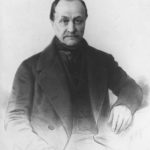
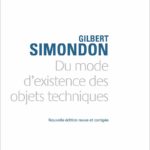
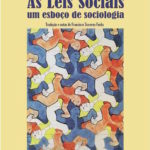
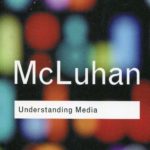
 LaSPA is located at the Institute of Philosophy and Human Sciences (
LaSPA is located at the Institute of Philosophy and Human Sciences (